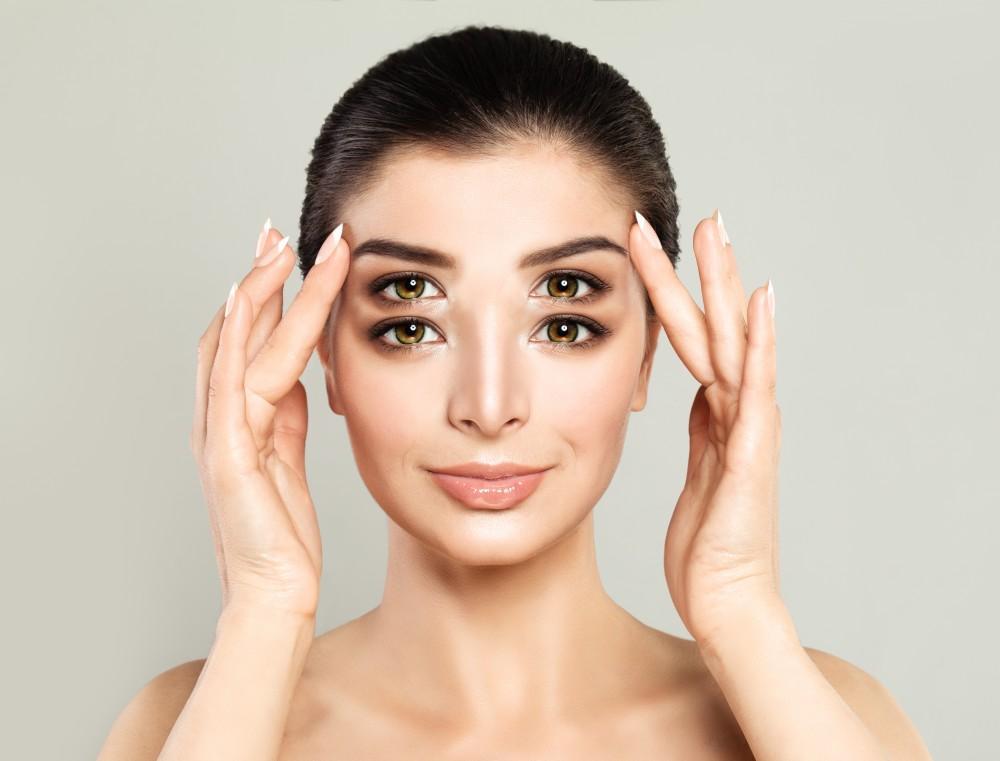
Your Specialty Contact Lens Options for Clearer Vision

The most common type of contact lenses are called spherical lenses, which have a uniform, rounded shape. If you’ve tried standard spherical lenses and aren’t happy with the results, it’s important to know that spherical lenses aren’t your only option.
Specialty contact lenses are contact lenses designed to address your unique eye needs. Dr. McKay, Dr. Patel, and the team here at Maryland Eye Care Center in Silver Spring and Hyattsville, Maryland, offer a variety of specialty contact lenses.
Here’s what you need to know about specialty contact lenses.
Exploring specialty contact lenses
Not everyone is an ideal candidate for contact lenses, and that’s why it’s important to see a doctor.
Below is a sample of the specialty contact lenses we offer at Maryland Eye Care Center:
Aspheric lenses
One of the downsides of standard spherical contact lenses is that they can lead to spherical aberrations, which are peripheral distortions caused by your pupil becoming enlarged during some activities. When wearing spherical contacts, this can lead to blurry or distorted vision.
Aspheric contact lenses prevent such aberrations because they adapt better to the curvature of your eye. Aspheric contact lenses aren’t uniformly spherical. Instead, they have flattened edges.
You might also consider aspheric contact lenses if your eyes always feel tired when you wear standard spherical contacts. Aspheric contact lenses 一 thanks to their unique shape 一 reduce the accommodative demand, or the strain your eyes feel when focusing on up-close objects.
Toric lenses
Unlike nearsightedness and farsightedness, astigmatism causes blurry vision at both near and far distances. Because people with astigmatism tend to have a more football-shaped cornea, standard spherical lenses won’t work.
Toric contact lenses are soft contact lenses weighted to help restore clear vision for people with astigmatism. The added weight stops the lens from rotating to help you maintain clear vision.
Multifocal lenses
You’re probably familiar with bifocal or trifocal eyeglasses that accommodate those who need multiple prescriptions in each lens. For example, if you have both myopia and hyperopia, different parts of your lenses contain different prescriptions so you can see near and far.
Multifocal lenses are the contact lens equivalent of bifocal glasses, and they benefit people with presbyopia by helping to correct age-related vision problems.
Hybrid lenses
Hybrid lenses offer the advantages of both hard contact lenses and soft contact lenses. They provide the exceptional visual acuity of hard contacts with the comfort of soft contacts. You might consider hybrid lenses if:
- You have corneal astigmatism
- You tried soft toric lenses but they moved too much
- You have myopia and presbyopia
- You like the visual sharpness of hard contacts but don’t like how they feel
Hybrid lenses also come in many subtypes, including multifocal.
Scleral lenses
If you’ve had trouble wearing contacts in the past, you might try scleral contact lenses, which are much larger than other types of contact lenses. While this might seem intimidating at first, the reality is that they sit on the whites of your eyes and simply “vault” over your cornea.
Which type of contact lens is right for you?
During your contact lens exam, one of our expert providers conducts a comprehensive eye exam to determine that you’re a candidate for contacts and, if so, which lens is right for you.
If you’re new to contact lenses, we invite you to a seminar that offers tips for wearing contacts — how to insert them, how to store them, and how to maintain them.
Schedule your consultation at the Maryland Eye Care Center to learn more about specialty contact lenses.
You Might Also Enjoy...


What Can Cause Double Vision?

My Vision Is Suddenly Blurry: Is This an Emergency?

5 Tips to Protect Your Vision from Digital Eye Strain

/assets/docs/442641.png)
/assets/docs/442638.png)
/assets/docs/442639.png)
